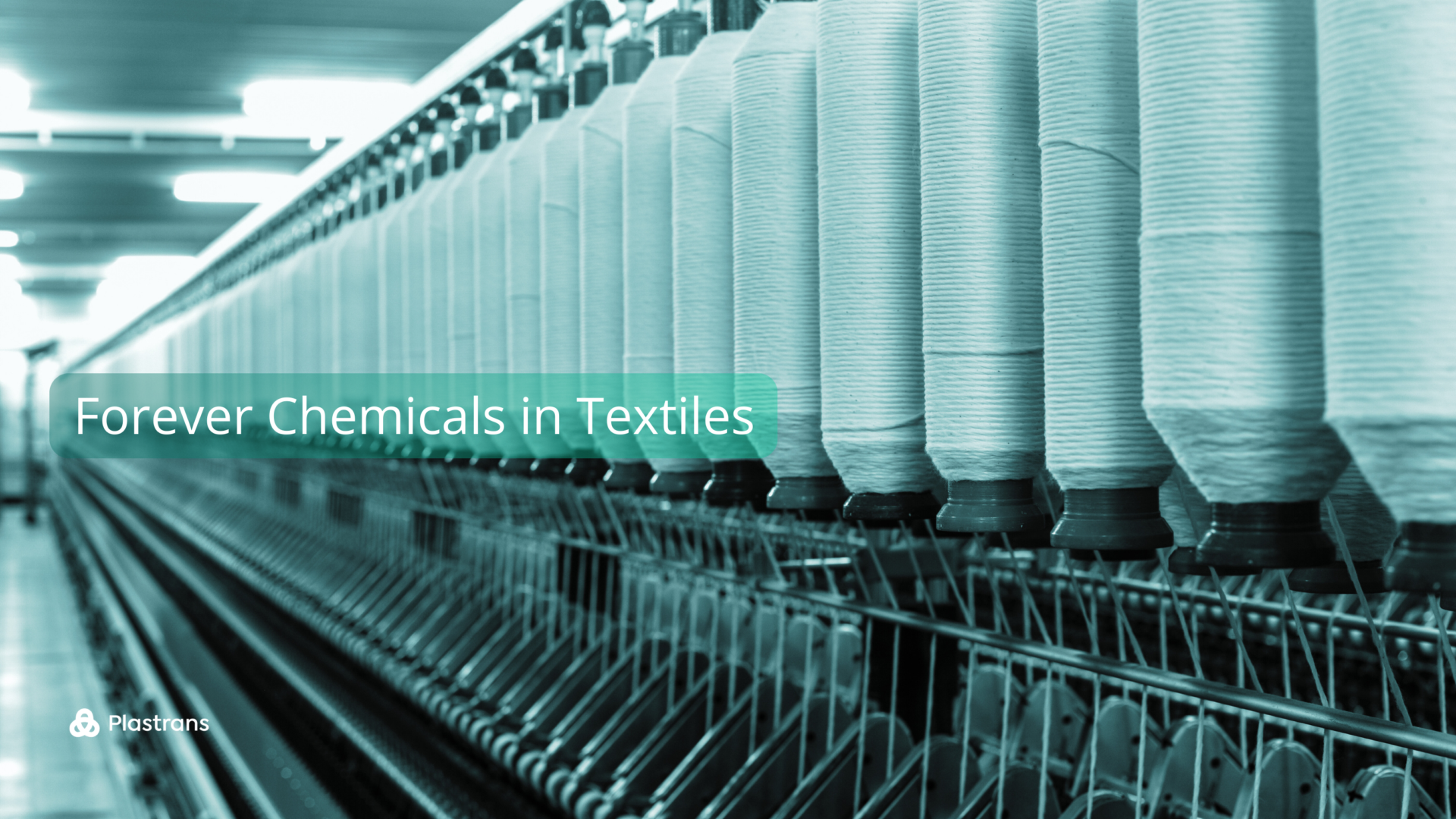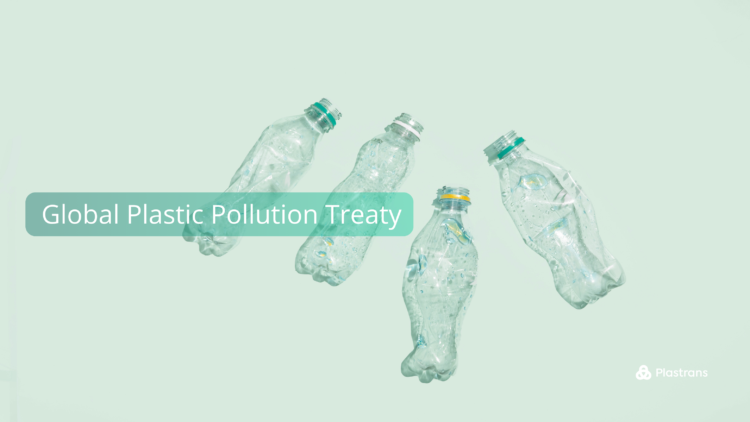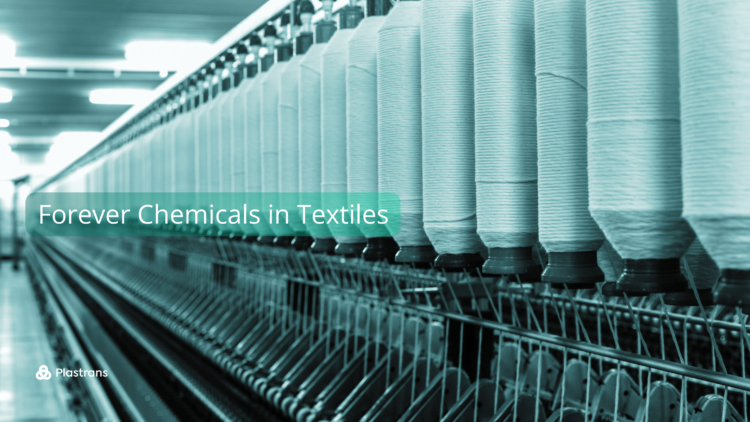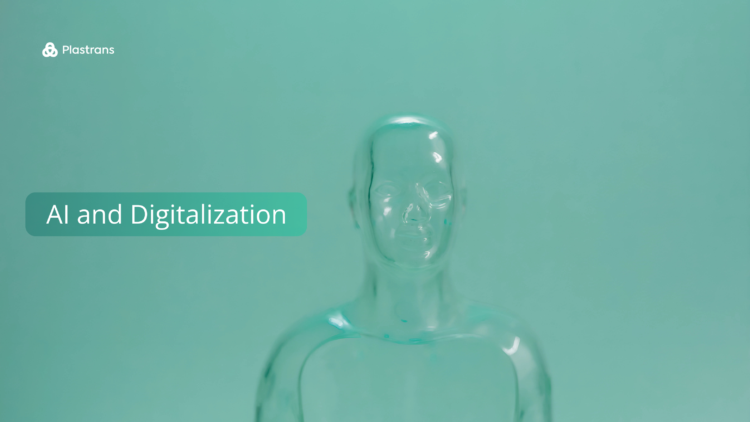
Mensch und Umwelt
France Bans ‘Forever Chemicals’ in Textiles: A Bold Step Toward Safer, More Sustainable Products
In a landmark move for both environmental health and consumer safety, France has become the first country in the European Union to introduce a comprehensive ban on per- and polyfluoroalkyl substances (PFAS)—commonly known as “forever chemicals”—in the textile sector. The regulation will come into effect in 2026, setting a clear timeline for manufacturers to adapt and offering a strong signal to the global fashion industry that chemical safety is becoming non-negotiable.
PFAS are a large group of synthetic chemicals valued for their water, grease, and stain-resistant properties. In textiles, they are commonly found in outdoor gear, sportswear, uniforms, carpets, and upholstery. However, their durability in products translates into extreme persistence in the environment and the human body. Once released, PFAS accumulate in soil, water, and living organisms and do not break down naturally, earning them the nickname “forever chemicals.” Scientific studies have linked long-term PFAS exposure to a range of serious health concerns, including cancer, liver damage, hormone disruption, and immune dysfunction.
France’s legislative move reflects growing public concern and scientific consensus around the risks associated with PFAS. By banning their use in textiles starting in 2026, France is taking a proactive stance in protecting both environmental and human health. The law includes a transition period, allowing industry players to adapt their processes and explore safer alternatives—such as silicone-based or bio-based water repellents—that meet performance requirements without harmful side effects.
This bold step could set a precedent for wider European regulation. The European Chemicals Agency (ECHA) is currently evaluating a proposal to restrict PFAS under the EU’s REACH regulation. France’s initiative may influence both the urgency and structure of any future EU-wide action. Meanwhile, major brands in fashion and home textiles are already voluntarily phasing out PFAS, responding to regulatory signals and consumer demand for cleaner, safer materials.
The 2026 timeline also offers an important window for innovation. Chemical suppliers and textile manufacturers are now incentivized to accelerate R&D into PFAS-free coatings, invest in green chemistry, and adopt circular material strategies. From a business perspective, early movers in this space may benefit from both regulatory preparedness and market differentiation.
France’s ban is not just a chemical regulation—it’s a symbol of systemic change in how materials are evaluated and used in consumer goods. It underscores a growing shift toward transparency, sustainability, and health-first design principles. As such, this legislation marks an important turning point for the European textile industry and sets the tone for a more responsible global fashion and home furnishings sector.
As a company committed to advancing sustainable solutions within the plastics industry, Plastrans Technologies recognizes the increasing demand for safer, more sustainable materials. France’s ban on PFAS reflects a broader shift towards chemical safety and circularity, which aligns with our focus on providing bio-based and environmentally friendly alternatives. At Plastrans, we actively contribute to the growing movement of adopting sustainable practices through our innovative raw materials and solutions. This regulatory shift is not only relevant but also presents an opportunity for Plastrans Technologies to continue leading in the development of eco-conscious materials that support both industry regulations and consumer demand for safer products. As the demand for PFAS-free alternatives in textiles grows, Plastrans is positioned to be a key player in offering solutions that meet the needs of both manufacturers and regulatory frameworks.


